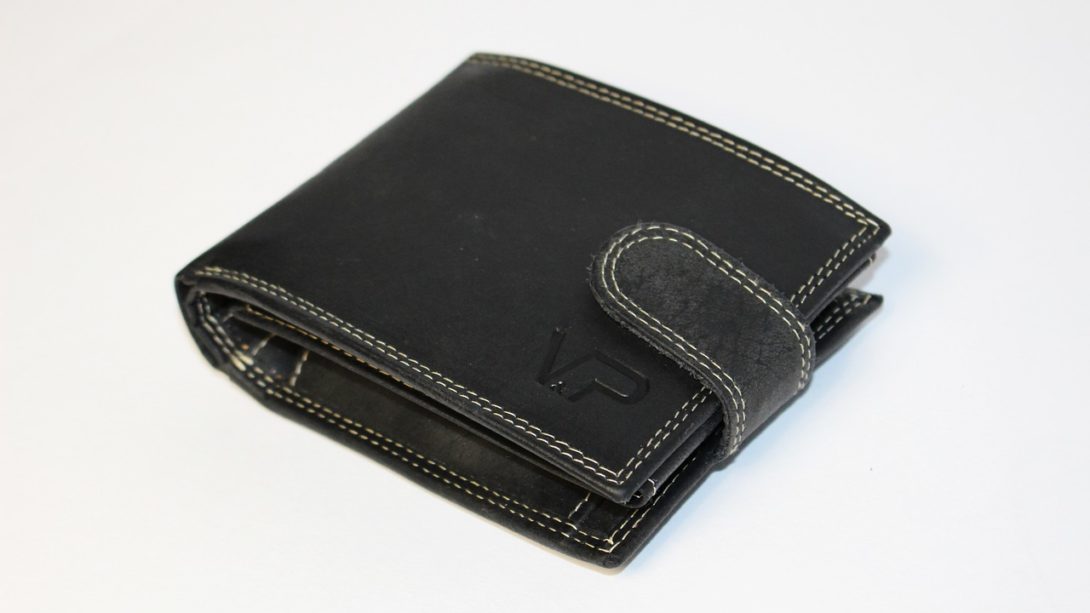Years ago, when I was the Director of Student Ministry at a church in the North Hills of Pittsburgh, I invited a family to go out to Rita’s Italian Ice with my wife and me. The invitation was accompanied with my offer to pay. When we got to Rita’s, I realized I was missing something important – my wallet. I couldn’t pay. I guess I could’ve scrounged up a few coins from the car, but I wouldn’t have been able to pay the full bill. Rather than dejectedly heading back to the car and just leaving, I somewhat sheepishly asked my friend to pay, not only for himself and his family, but for me and my wife. He was glad to pay because he’s a great guy.
If you take a mortgage from the bank, they expect full payment including interest. After several years of paying, you could suggest, “Hey, how about I pay you 50% and you excuse the rest.” Listen, if you don’t pay in full, the bank takes your house. And rightfully so. You had an agreement with the bank to pay the full amount, not some of the amount. Anything less than full is unacceptable.
Heidelberg Catechism six says that “God created man good and in His image, that is, in true righteousness and holiness, so that he might rightly know God His Creator, heartily love Him, and live with Him in eternal blessedness to praise and glorify Him.” God created human beings to glorify and enjoy Him and requires perfect and perpetual obedience, which makes sense. God created them in true righteousness and holiness with the ability to obey Him and gave them guidelines which promoted and protected their relationship with Him, a relationship which is their greatest good. It was when human beings decided to violate God’s law that things fell apart. By virtue of their being created by God and placed lovingly beneath the authority of God, human beings rightfully owed God perfect and perpetual obedience. When they violated God’s perfect law, they failed to pay God what they owed, what He deserved as their Creator. By their fall into sin and misery, human beings were no longer able to pay in full, in fact, they were unable to pay at all.
Until the reality of your inability to pay sinks in, you will not understand the payment Christ made for you. Heidelberg Catechism 1 states that your only comfort in life and death is that Jesus Christ, your faithful Savior, “has fully paid for all [your] sins with His precious blood.” He did not offer a partial payment making salvation possible if you only contribute the rest of the payment; he himself is the full payment which makes salvation certain. Thinking in financial terms, every last penny of your sin debt was paid by Christ to God on the cross. If you accumulated one billion dollars of debt, Jesus paid one billion dollars, not a penny less. How much did you pay? Not a penny.
You may believe this. I hope you do. But do you believe, as the old hymn goes, Jesus paid it all? Maybe you believe that Jesus paid for all your sins, but then you live in a way that suggests you still owe some of the debt. You may regularly feel the weight of guilt like you still have something to pay. You may feel like you must do a lot of good things to ensure your debt is paid. You may punish yourself assuming you should continue to feel bad to make up for what Jesus didn’t pay. These efforts may not be what you claim to believe, but they may indeed be what you believe sometimes.
1 John 1:7 says, “But if we walk in the light, as he is in the light, we have fellowship with one another, and the blood of Jesus his Son cleanses us from all sin.” Several verses later John adds, “He is the propitiation for our sins” (2:2). Our comfort in life and death is that Jesus paid our sin debt in full with the payment of himself. We need not nor cannot pay for any of it considering Jesus has paid it all. Take heart, because there is nothing you have to pay; Christ paid what you couldn’t pay, so that you would be ever grateful for his marvelous grace. Receive by faith and be thankful!



